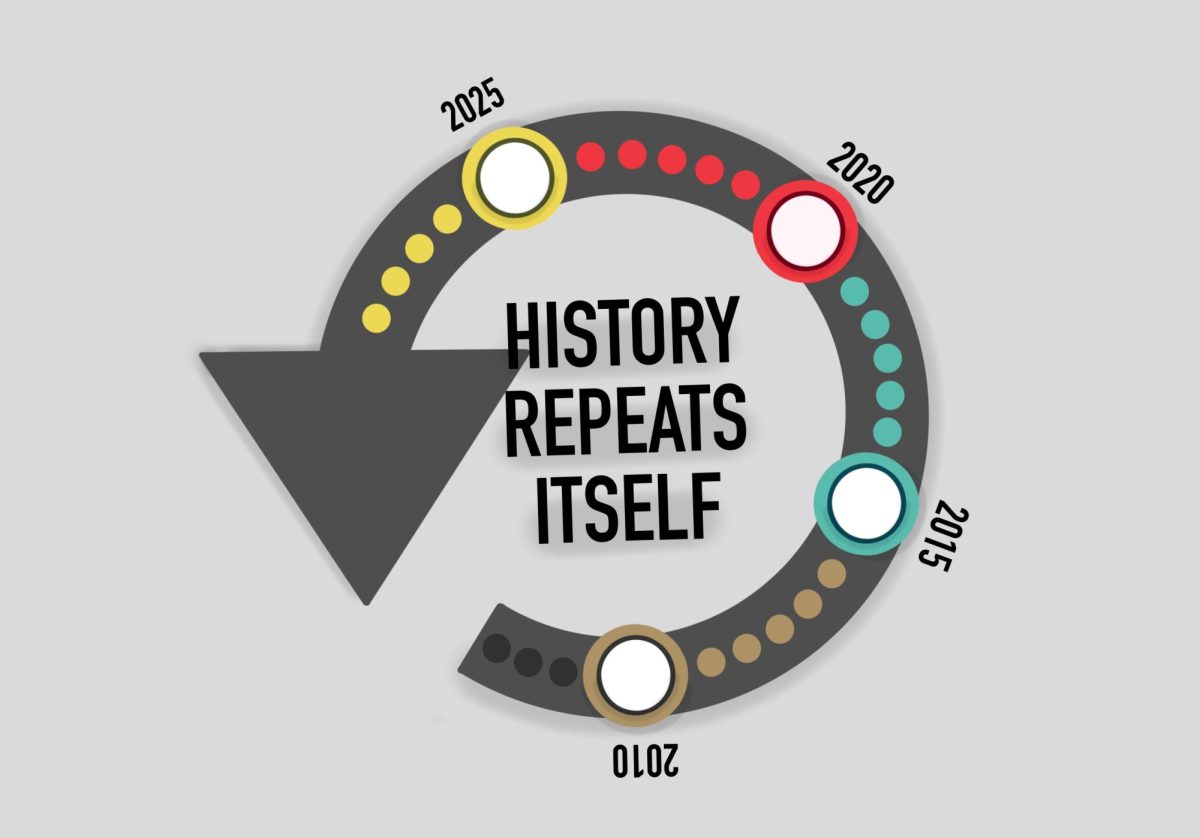Michelle and Jim Bob Duggar of Arkansas recently had their 16th child. If the Lord is willing, they say, Michelle and Jim Bob plan to continue growing their family. I wonder if this is what the god of their Abrahamic religion intended when he said in Genesis 1:28, “Be fruitful, multiply, fill the earth, and subdue it.” At any rate, most of society is appalled at the Duggars’ fertility rate. Given that many of us are beginning to think about having children, the Duggars’ case raises an issue worth meditation.
As we condemn the Duggars, we should ask ourselves why we want to have children and examine the implications of having children or just one child. Let’s first turn to an often overlooked consequence of having a child.
When deciding to have children, many of us think of the joy a child will bring to our lives, but few of us think about how that child will impact others (well, a few might naïvely dream of their child becoming a great doctor). According to government data, when divided evenly, there exists 4 1/2 acres of ecologically productive land for each of the 6 billion people alive today. The average North American uses at least 24 acres of this land to produce her resources and absorb her wastes.
Unless we as potential parents expect to raise our children in a drastically non-American way, we should realize these children are going to significantly and negatively affect the sustainability of the planet.
Before we shift the blame to developing countries and their often much higher fertility rates than ours, it stands noting that the average American uses 12 times more resources than the average inhabitant of, for instance, India. As potential parents, we should consider that by having a child, we are placing a great strain on the environment. This strain is drastically increased if we lead an “above-average” lifestyle, especially if this lifestyle includes airplane travel and nonessential shopping.
Adoption is a clear solution for those who still want to raise a child without significantly adding to the strain on the planet. Immediately, someone might object that adoption encourages reckless procreation by others. This couldn’t be further from the truth. Giving up a child is universally difficult for a mother. I doubt more than a handful of people have ever used adoption agencies just to enjoy pregnancy and parting with their children over and over again.
Noble as adoption is for both ecological and humanitarian reasons, many of us still often want to have our own children. Typical reasons include wanting to be a parent, wanting to pass on the family name, trying to please a spouse or parents, or to pass on one’s likeness (really, one’s genetic material). Although many consider parenting to be the ultimate act of selflessness, all these reasons are essentially selfish. Parenting itself may require giving up a tremendous amount of time, energy, opportunity and money, but having a child is about fulfilling our own desires to be happy.
Being happy isn’t something to condemn and is surely something to strive for, except when that happiness comes at the expense of another. More than 1,500 children are in foster care in Minnesota, most waiting to be adopted. We have to realize that by not adopting, these children continue to wait for love. Even more significantly, a conservative estimate suggests it costs $180,000 to raise a child to the age of 18 in America, a sum which could be donated to improve the lives of dozens of children born into less fortunate situations. This is not to mention the ecological impact of having one’s own child discussed earlier.
Adoption can be a costly process, particularly if one is set on adopting a young child. Heartrenching legal battles have ensued when biological parents have wanted to reclaim their children from adoptive parents. These problems can be avoided if we are willing to adopt an older child. Further, organizations such as Lutheran Social Service of Minnesota can match interested people with families who want someone to take care of their child.
Adoption offers us the same chance to raise and unconditionally love another person and to help bring that person into adulthood as having our own child does. Many parents who have children to leave some of themselves in the next generation end up leaving very little of themselves at all. Their children become products of society and the media. Improving future generations requires parental involvement in children’s lives, and a great opportunity exists with adoptive children who otherwise might not get needed support and love in foster care.
In the end, we can’t choose whether other people, including the Duggers, will reproduce or not; we have a right to procreative choice in America. We can choose whether we will reproduce and we should not take this decision lightly.
As we plan our future families or think about whether we will have children at all, I hope we will consider the negative impact that having a child in America will have on the planet (and subsequently, its people) and also the forgone opportunities to help a child through adoption or many, many children through donations.
Jason Ketola welcomes comments at [email protected].







